The history of the Kaunas University of Technology and its faculties is closely linked to the history of our country – Lithuania.
The origins of KTU FCEA Architecture School can be traced back to the founding of the University of Lithuania in Kaunas, in 1922.
Architectural studies during the establishment of the University and during the Interwar period
The Faculty of Technology with the Department of Architecture – the course on architectural forms was taught by such masters as Mykolas Songaila, Vytautas Landsbergis-Žemkalnis and Vladimiras Dubeneckis.
1938 – Higher Technical School – Architecture Department.
1941 – Vytautas Magnus University – Faculty of Construction, Department of Architecture.
1946 – Vytautas Magnus University – Faculty of Architecture grows out of the Department of Architecture.
1948 – Kaunas State Vytautas Magnus University – Architecture Faculty.
1950 – Kaunas State University is reorganised into Kaunas Polytechnic Institute.
Development and activities of Kaunas Polytechnic Institute
When Kaunas Polytechnic Institute was established, there was a desire to abolish the Faculty of Architecture and even the speciality but thanks to the efforts of Prof. Kazimieras Baršauskas, this speciality was preserved at the Institute. He supported architecture because he saw the potential in it for the development of national culture.
1951 – Kaunas Polytechnic Institute, Architecture Faculty was merged with Construction Faculty. The science and art of architecture were also taught by practising architects – Vytautas Jurgis Dičius, Alfredas Antanas Jakučiūnas, Algimantas Mikėnas, Alfredas Paulauskas, Jonas Putna, Antanas Algimantas Sprindys, Vladas Stauskas, Valerijonas Šepkus, Antanas Šipaila and others.
Due to the separation of the Vilnius branch, the number of departments has been reduced and some of them were merged.
Students read foreign literature on architecture, admired modern architecture, and asked provocative questions to their tutors. The future architects contrasted the stagnant Soviet architecture with the dynamically developing Western architecture.
1970 – the Departments of Architecture together with Settlement Planning and Management was moved to Vilnius. The full-time training of architects at the Construction Faculty in Kaunas ceased.
KTU: Restoration of university status and new challenges
After the relocation of architectural training to Vilnius, the need for architectural training in Kaunas eventually resurfaced. Therefore…
1993 – the speciality of architecture was revived at the Faculty of Construction.
1995 – the Department of Architecture and Landscape Planning has been reinstated.
1995 – the Faculty of Construction becomes the Faculty of Civil Engineering and Architecture.
2014 – Restructuration of KTU faculties – the Faculty of Civil Engineering and Architecture remained unmerged with the other faculties, but the Department of Architecture was merged into the Centre of Competencies of Construction Engineering and Architecture.
Recognition of the KTU SAF School of Architecture community and its members
In 2022, Kaunas City Science Prize was awarded to dr. Vaidas Petrulis, associate professor at KTU FCEA, for his achievements in the humanities and social sciences.
In 2020, The Lithuanian National Prize for Culture and Art was awarded to architect Gintaras Balčytis, associate professor at KTU FCEA, for his architecture that is open to the city and people.
In 1995, President Valdas Adamkus Prize for persons of merit in the field of the environment – prof. Jurgis Bučas, prof. Vladas Stauskis, doc. Albertas Lamauskas – for the preparation of the General Plan of the Curonian Spit National Park, planning schemes for the settlements of the park.
KTU FCEA Architecture School – is an active and open community of practitioners, researchers, artists, students, pupils and all others who are interested in the challenges and opportunities of creating a high-quality environment.
The environment is perceived and developed at different scales: starting from solutions for interior spaces, moving to the architecture of individual buildings or complexes of buildings, broadening up to the design of urban spaces or landscapes, and even to the planning of even large areas such as regions. It is a fact that the quality of the environment has to be pursued at all these scales, which is why the KTU FCEA Architecture School focuses its attention and knowledge in the fields of interior design, architecture, urban design, landscape and spatial territorial planning.
Mission of KTU FCEA Architecture School – is to educate curious and active members of society, who not only have the fundamental knowledge of the specialty but also have the ability to solve relevant local, national and international problems with innovative, sustainable and high-quality methods.
Values of KTU SAF Architecture School:
SO WELCOME!
On this page, you will find regularly updated information on upcoming events, news, and the best projects and achievements of students, teachers and alumni. It also includes information relevant to pupils and applicants.
Architecture – practice-oriented, artistic research and science, interdisciplinarity and experimentation-based doctoral studies.
History and theory of arts – doctoral studies are based on classical theories and methods of art studies and other humanitarian, social, and technological sciences.

Head of the study program, researcher – visual quality/coherence in architecture, landscape architecture, urban and territorial planning.
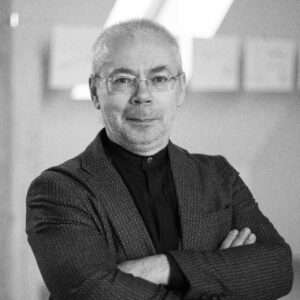
Researcher – history of urban planning / digital simulation models of spatial structures (regions, cities, urban complexes and buildings).
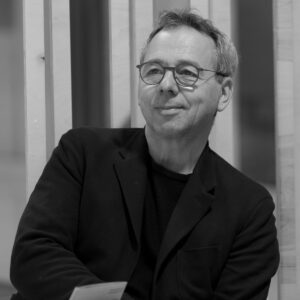
Architect – urban planning / architecture / architectural promotion
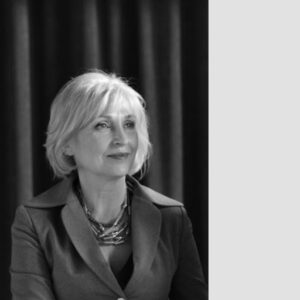
Architect – architecture / comprehensive, multi-layered spatial formation from the perception of landscape structure to the harmonious integration of environmental elements to be created or protected
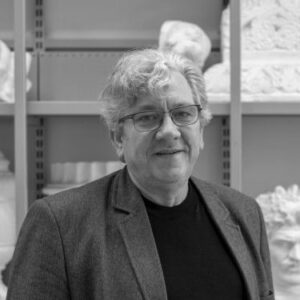
Architect – Architecture / Renovation Techniques
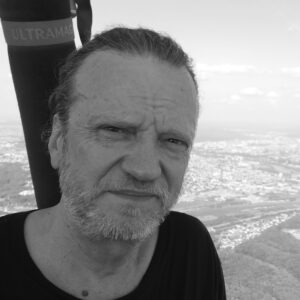
Architect – architecture / its research
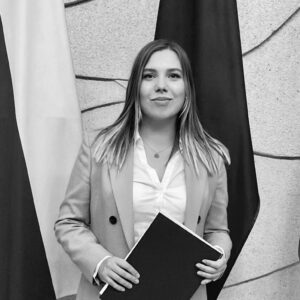
Architect – urban planning / architecture
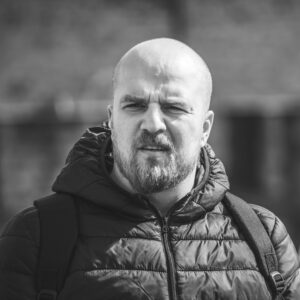
Architect, Researcher – Architecture / Arts
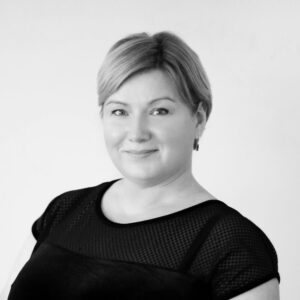
Vice dean of research, researcher – urban studies / heritage conservation (protection and assessment of immovable cultural heritage, cultural landscape studies, development and assessment of protected urban structures, system of protected areas)
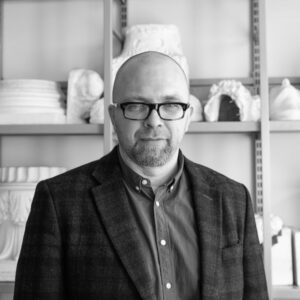
Architecturologist – history and theory of architecture / heritage of modernist architecture
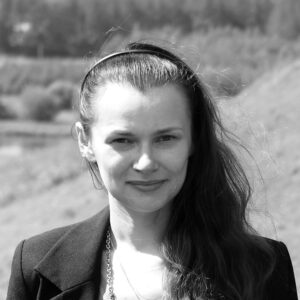
Architect, researcher – sustainable architecture/ landscape architecture
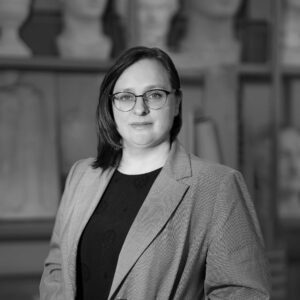
Architect, researcher – landscape architecture / sustainable urban planning / innovative didactic methods
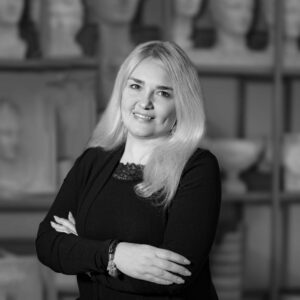
Architect, researcher – architecture / urban planning / urban sociology
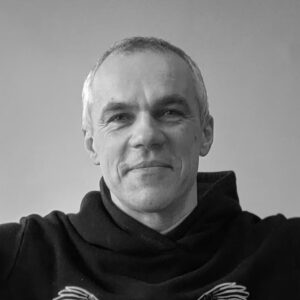
Architect, researcher – arts

Architect, researcher – parametric architecture / data analytics
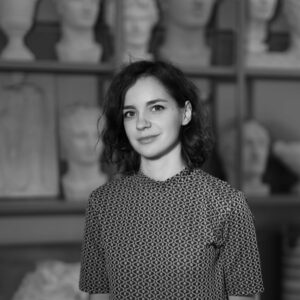
Urbanist, researcher – theory of urban planning / environmental psychology

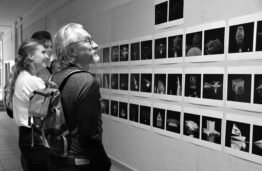
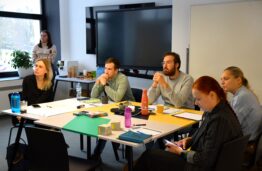
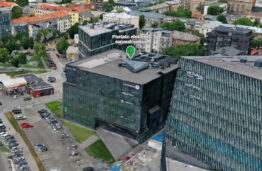



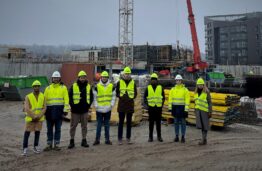
There isn't any news posts in this category yet
There isn't any news posts in this category yet